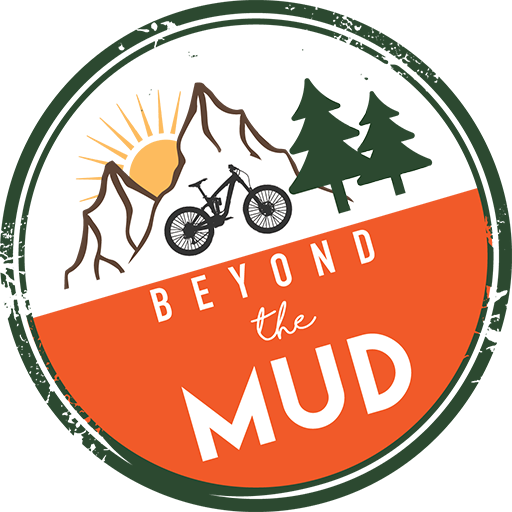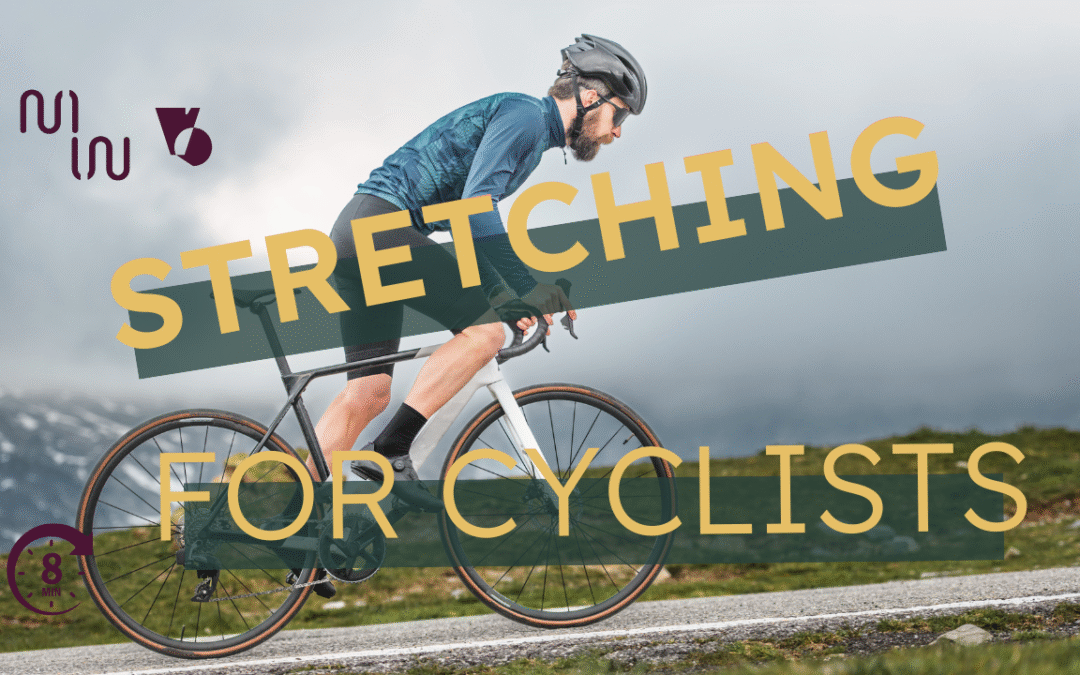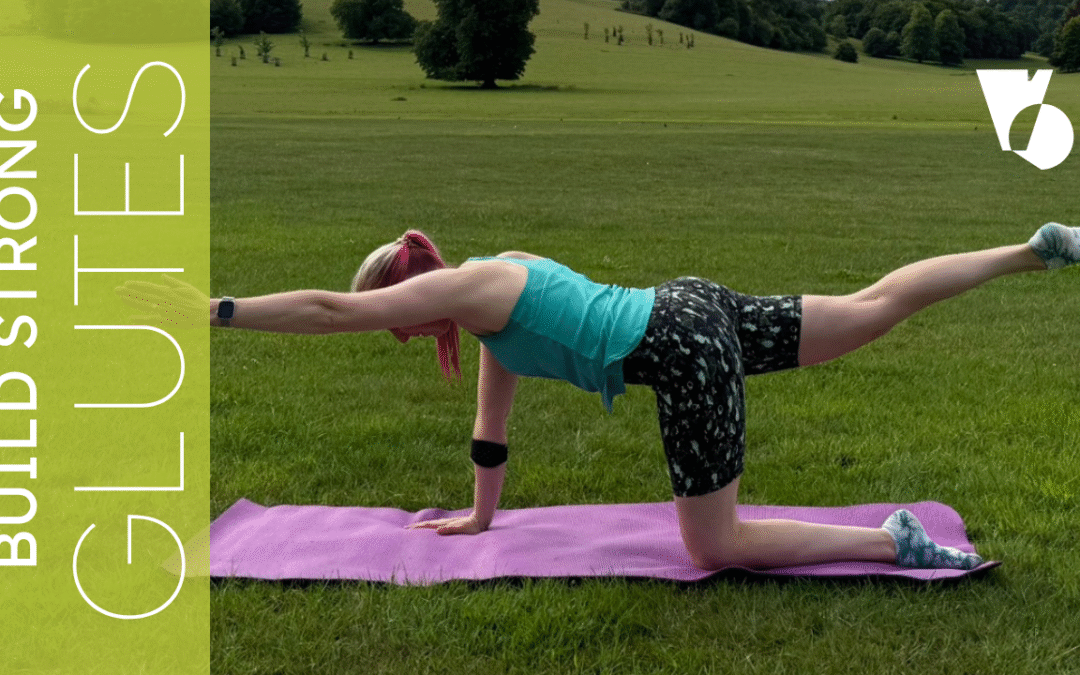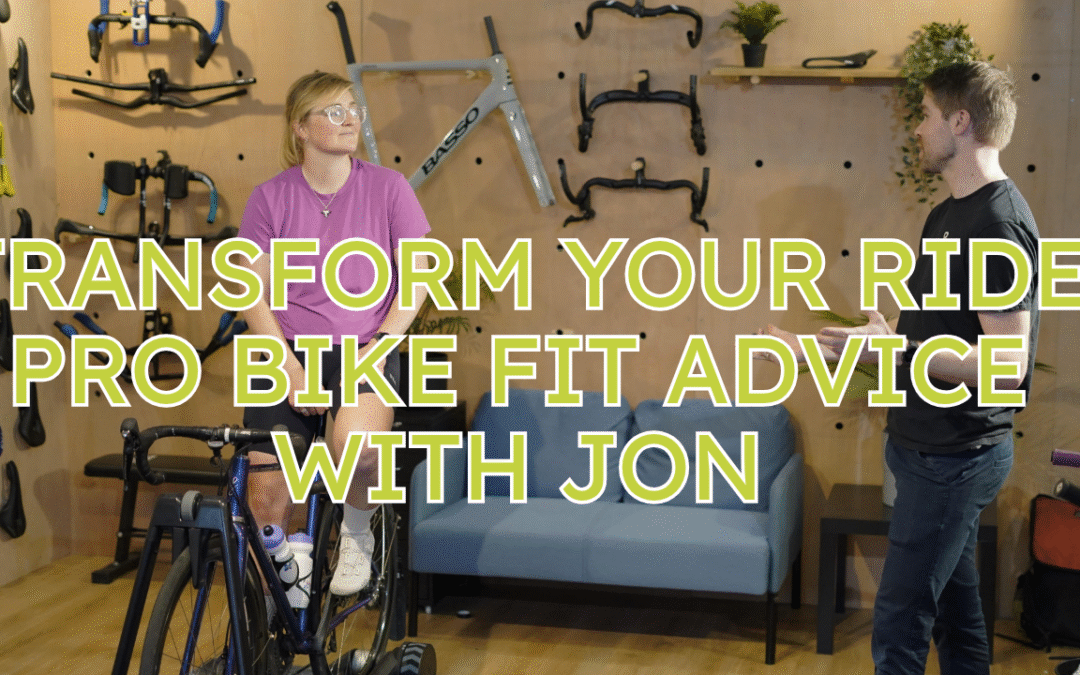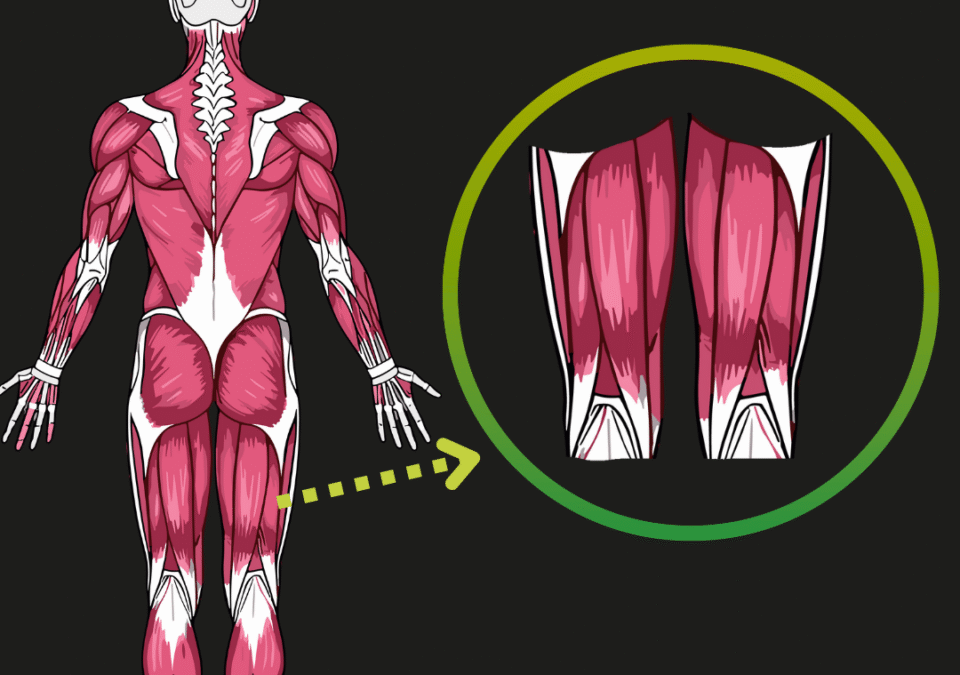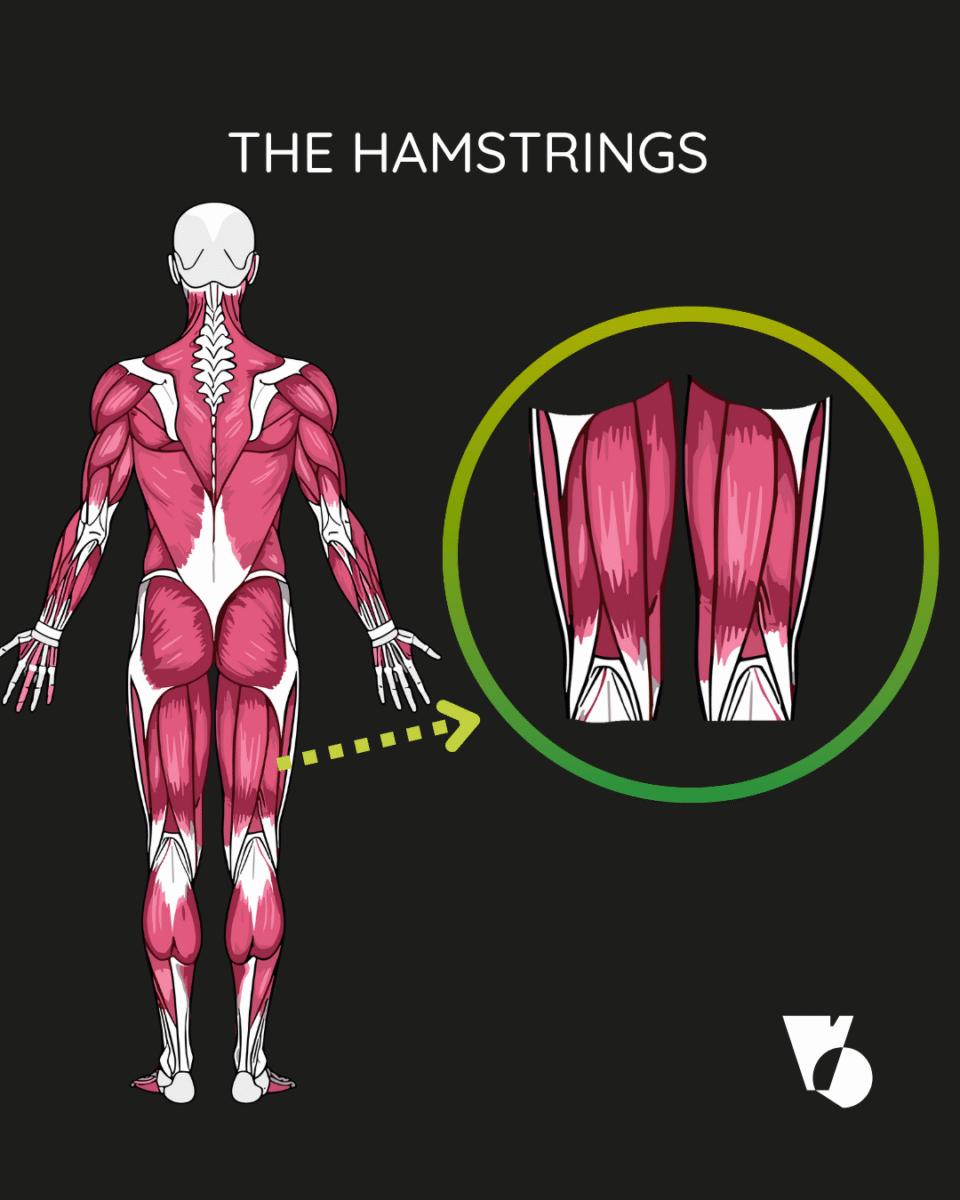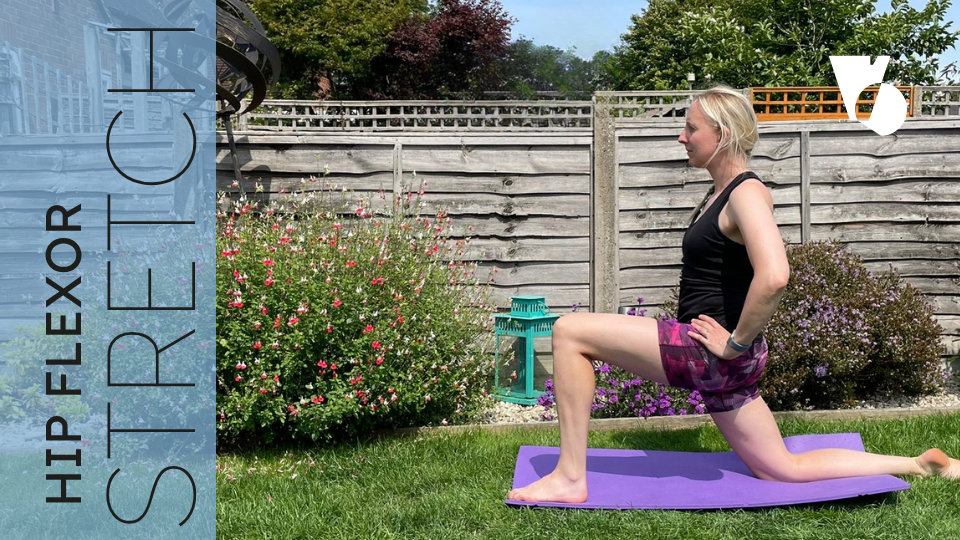
Hip Flexor Stretch – One of the Best Stretches for Tight Hips
Loosen up tight hip flexors with this deep stretch. We start by showing you the classic kneeling hip flexor stretch, explaining how to tilt your pelvis and engage your glutes for a safer, more effective stretch. As you follow along, you’ll feel the front of your hips lengthening. We discuss why this is such a favorite stretch – especially if you sit a lot or cycle – because it opens your hips, can alleviate lower back strain, and improves your posture.
Incorporate this stretch regularly to maintain flexible, healthy hips and thighs.
Hip Flexor stretch:
1. Place the right knee on the ground with the left foot flat on the ground
2. Engage your glutes
3. Push forward into the front leg, keeping the chest lifted
4. Hold for 30 seconds, you should feel the stretch in the front of the hip
5. After 30 seconds take the right arm up and over into a side bend
6. Hold for 30 seconds, the stretch now may change position to your abs or side
7. Repeat with right foot forward
Squat band walk:
1. Tie the band around the top of the leg, not over the knee joint itself
2. Squat down into a comfy squat position, with your chest lifted
3. Walk 6 – 8 paces in one direction and then back again
4. Repeat this walk 5 to 8 times
To join my Pilates classes and improve your muscle balance head to movewilder.co.uk or contact me on hannah@movewidler.co.uk to find out about my class options. #commonmuscleimbalances #muscleimbalance #pilatesforbalance #balancedbody #Stretch #HipFlexors #Mobility #Posture #Pilates
